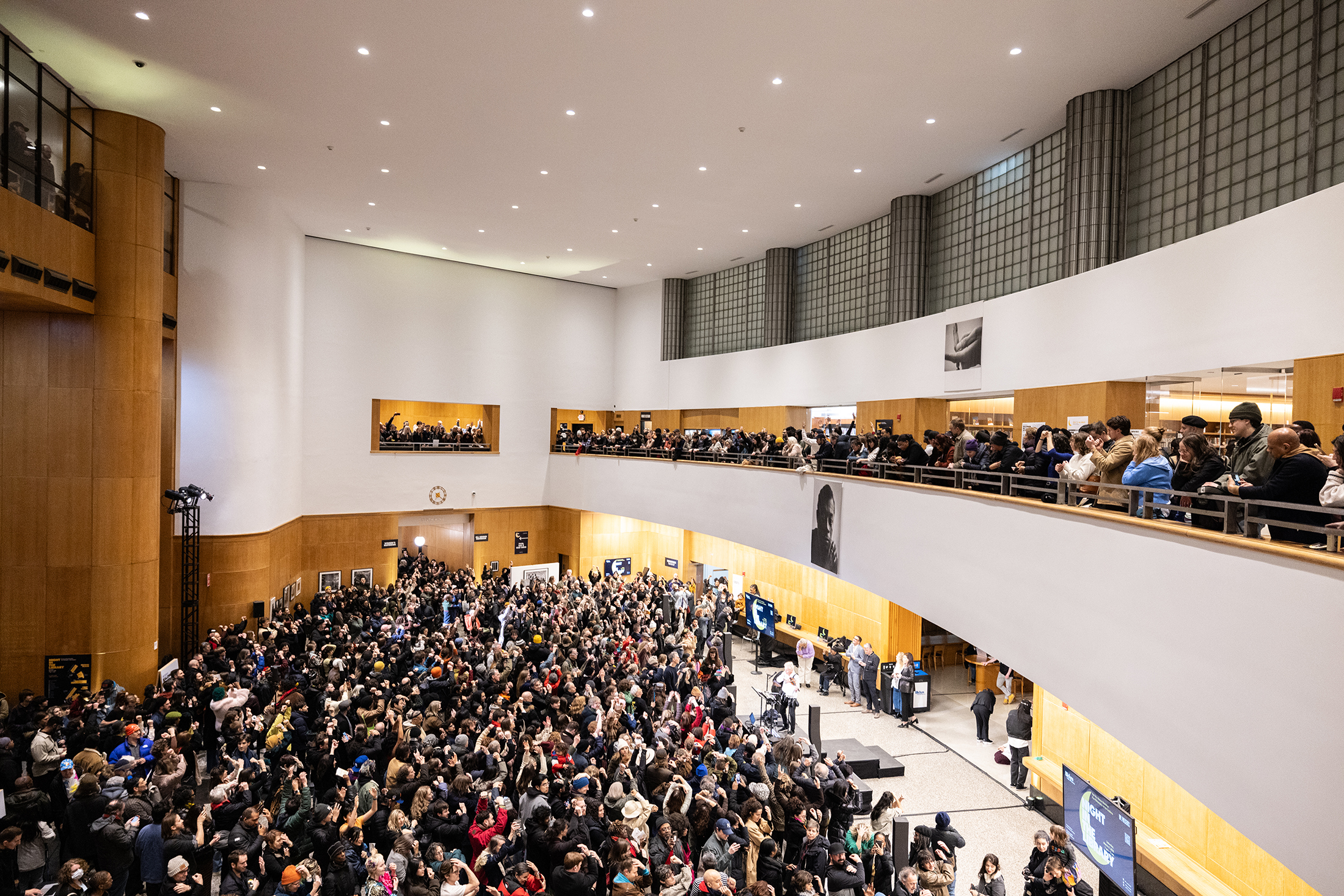Should Landlord Subsidize Tenants' Good Life?
A familiar story with the same violins playing in the background: A group of pioneering artists with under-market rents fighting the evil landlord who wants to maximize the profitability of his property. In this case, it’s a particularly colorful gang of circus performers and nonprofit publishers, many of whom will have to leave New York…
A familiar story with the same violins playing in the background: A group of pioneering artists with under-market rents fighting the evil landlord who wants to maximize the profitability of his property. In this case, it’s a particularly colorful gang of circus performers and nonprofit publishers, many of whom will have to leave New York if they lose the court battle over whether they are protected by rent stabilization laws. As big a bummer as it is for them (and arguably for the fabric of the neighborhood), we can’t see why the landlord should have to subsidize these folks any longer. No one forced them to move here twenty years ago–they did so because it was the best deal they could find at the time. It’ll be interesting to see what the judge says.
The Good Life on South 11th Street [NY Times] GMAP P*Shark
Photo by justiNYC





Why should the landlord be able to do with a property what he wants just because he owns it? Don’t tenants who pay below market rent have more rights? What is this country coming to where property rights are valued over circus performing? Imagine a city void entirely of trapeze artists, would life in New York City even be living?
I’m 53 years old, a former manhattan loft tenant and activist, and I’m kind of shocked and appalled by most of the comments about this story, especially the harsh criticism of the tenants involved.
What about the original landlord of the building? He/she’s the one who rented the space to residential tenants when it clearly wasn’t residential space. Why didn’t the city require the landlord to bring the building into compliance 20 years ago?
The tenants aren’t at fault here–and whichever poster said that Housing Court is skewed in favor of tenants is delusional–it’s the city, and the original landlord. Don’t let those low rents blind you to the truth of living in a non-luxury, non-officially, illegally, converted loft building.
My kids love the circus that these performers put on. It’s a crime that our government doesn’t spend more to subsidize the arts, and therefore the living expenses of artists. I would bet that we spend less as a nation on arts than any other “western” nation. I don’t think one particular landlord should get stuck subsidizing artists forever though. But perhaps the city could see the value in keeping these people around instead of tossing them aside and then subsidizing the idiotic efforts of people like Bruce Rattner who just want to turn our entire borough in to cinderblock jungle with no schools outdoors space, or parking to speak of — and certainly no artists will be able to afford to inhabit the wasteland he is creating all in the name of progress.
The NY Times article says they’re in court, in a lawsuit claiming that they’re protected by rent stabilization laws. Do they have an argument?
I know plenty of artists that started out living in inexpensive lofts and saved whatever money they and bought their own space. You don’t own a space just because you rent it for 20 years.
This exchange is classic. I love artists, I really do. But the idea that they add any more to a community than teachers, school teachers, nurses or even doctors and investment bankers is crazy. We need all types to keep a community healthy. I support rent control because it (overall) adds to the diversity of neighborhood, but I don’t support any special treatment for artists. Good luck in Philly!
5:46 post was me.
anon 5:20–
Andy Warhol was a very successful commercial illustrator in New York. You may not call that a corporate 9 to 5, but that’s just semantics. Roy Lichtenstein taught at college — in Oswego, NY. He hated it, but it didn’t keep him from becoming Roy Lichtenstein.
Art trivia aside, are you seriously contending that the NYC housing market of 2006 would have kept Warhol, Basquiat and Lichtenstein from becoming artists? They may have taken different paths to get there, but to say it would have stopped them insults them.
“Fiscally responsible” does not necessarily mean having a corporate job. In my mind, it means saving/investing to the extent possible, and thinking about how to support yourself, not assuming that the great deal you have will always last.
The artists/book collectors/publishers profiled in the NYT — not fiscally responsible, in my book. No pun intended.
– Anon 5:02